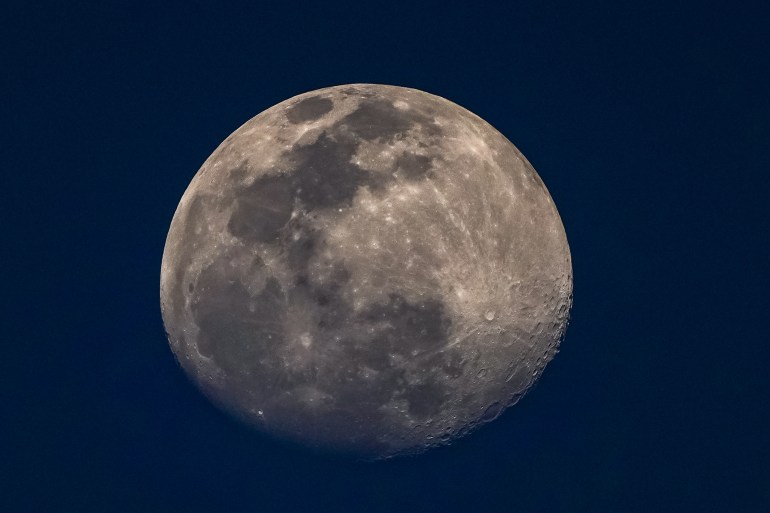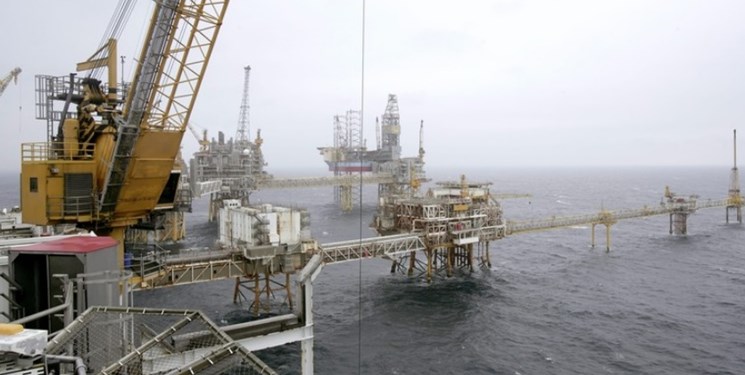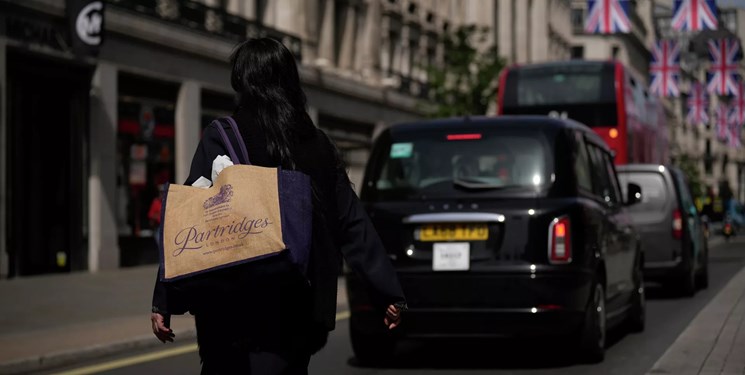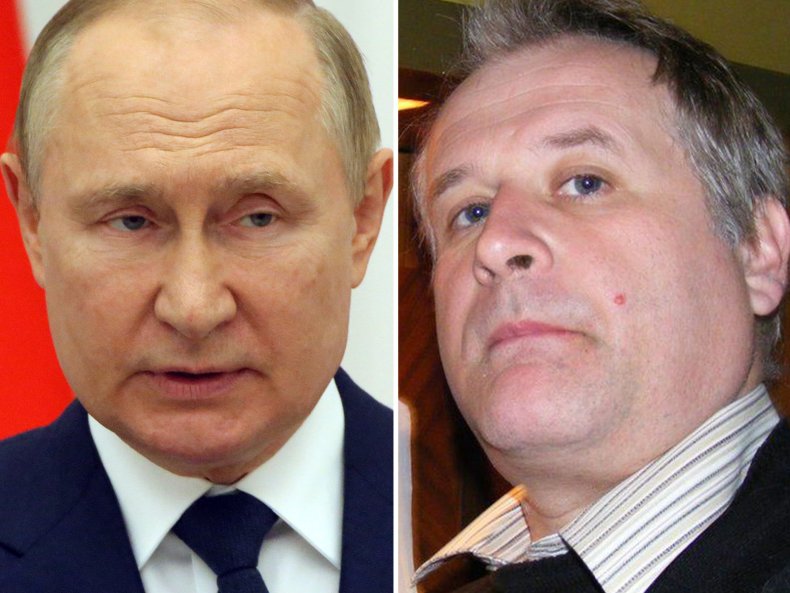ANALYSIS
Interest rates are rising: Is the RBA at fault for allowing Australians to take on too much debt?
Many Australians borrowed heavily on the expectation that interest rates would not rise until 2024.
(Reuters: David Gray)
Can we blame Australians for being a little confused about the Reserve Bank's messaging on interest rates?
Towards the end of 2020 and for nearly all of last year, Reserve Bank Governor Philip Lowe said interest rates would not likely rise until 2024.
People like Sarah Ibrahim and her partner made life decisions based on that.
During the pandemic, as average house prices in Sydney and Melbourne crept over $1 million, the couple took out a $1.5 million loan with a 10 per cent deposit on the expectation that interest rates would not rise for about four years.
In November and December 2020, Dr Lowe said in the bank's monetary policy decision statement that the "Board is not expecting to increase the cash rate for at least three years".Philip Lowe had said in statements in 2021 that interest rates would not rise until 2024.
(AAP: Dan Himbrechts)
Every single statement between February 2021 to October 2021 from Dr Lowe explaining the RBA's decision on leaving the cash rate at historic low levels said almost exactly the same thing. It read:
"The Board will not increase the cash rate until actual inflation is sustainably within the 2 to 3 per cent target range. For this to occur, wages growth will have to be materially higher than it is currently. This will require significant gains in employment and a return to a tight labour market. The Board does not expect these conditions to be met until 2024 at the earliest."
It was not until November when the RBA indicated rates may rise sooner than the board been expecting, and in December the word "2024" disappeared from Dr Lowe's statement. It now read:
"The Board will not increase the cash rate until actual inflation is sustainably within the 2 to 3 per cent target range. This will require the labour market to be tight enough to generate wages growth that is materially higher than it is currently. This is likely to take some time and the Board is prepared to be patient."
As Ms Ibrahim told ABC News, in late 2020 she "definitely took the message [from the RBA] that you can start making plans, knowing that interest rates are going to remain stable and low".
Like thousands of others, Ms Ibrahim and her partner, who have two young kids and already were struggling with the cost of living, went out on a limb. But only because they believed they were encouraged to do so.
They had factored in interest rates rising. Just not earlier than 2024.
Interest rates rising 1.5 years from the time they took out a loan is a very different equation to rates rising four years down the track.

Sarah Ibrahim made life decisions based on the RBA saying interest rates would not rise until 2024.(John Gunn, ABC News.)
When fixed rates end, many more will struggle with mortgages
Ms Ibrahim has calculated that if the cash rate lifts to 2.5 per cent and possibly more (variable rates of about 5 per cent or more) that means a rise of about $20,000 a year on their mortgage repayments.
The couple are not alone.
Affordable housing means falling pricesThe desire to make housing more affordable also needs to address the worrying flip side: falling house prices for many Australians.
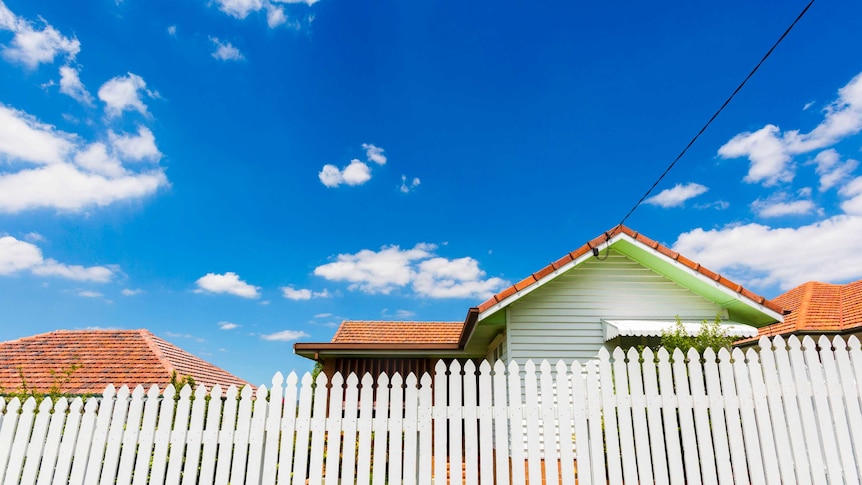
They are among almost 40 per cent of Australians with mortgages who have locked in ultra-low fixed rates in 2020 and 2021 and will roll off them as soon as next year.
When they do, the sudden and massive rise in their repayments may be too hard to bear.
The Reserve Bank conceded that is possible for some, in its recent financial stability review.
It said while most Australian households have built up enough savings to handle interest rate rises there is still a portion of borrowers that will struggle.
In its words: "the share of borrowers facing a debt servicing ratio greater than 30 per cent — a commonly used threshold for 'high' repayment burdens — would increase from around 10 per cent to just under 20 per cent".
This means hundreds of thousands of Australians with big mortgages could suffer.
And while borrowers with fixed-rate loans are "likely to be able to handle the increases in their repayments when their fixed-rate terms expire", the RBA said these "calculations assume household income after other expenses is unchanged".
"If rising inflation was to erode real household incomes, some borrowers may have to draw down their accumulated excess payment buffers much more quickly and/or cut back on other spending," it said.
AMP Capital chief economist Shane Oliver said while many households have built up savings buffers, they tended to be older and higher-income earners.
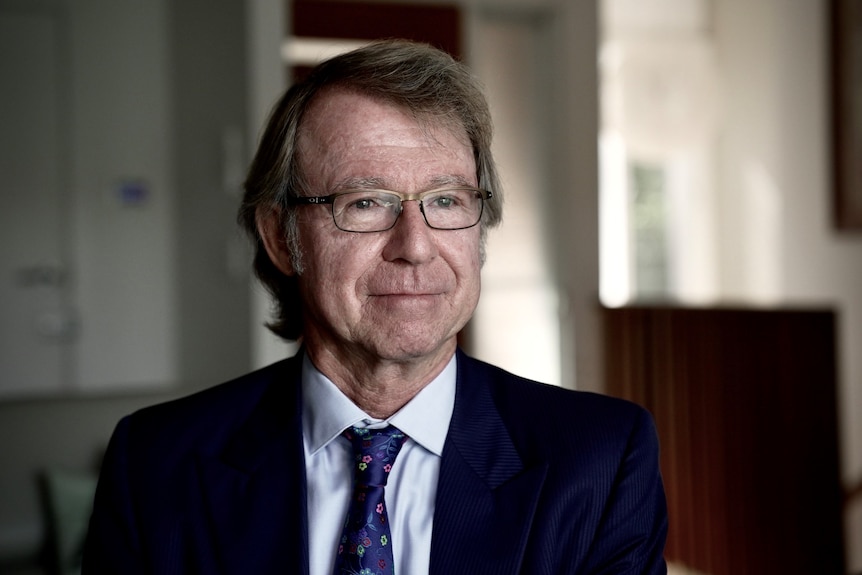
AMP Capital chief economist Shane Oliver says many households will struggle under higher interest rates. (John Gunn.)
He said there was still a big portion of the household sector that was "heavily vulnerable" to interest rate rises.
These tended to be younger families, people in their late 20s to early 40s who got into the market over the past few years – "who haven't got their debt yet under control", he said.
"They're the people who adjust their spending in response to shocks," Dr Oliver said.
"Those are the people who were more likely to run into trouble servicing their mortgage or just have to cut back spending through this period, and then that has a flow-on effect to the broader economy."
RBA says it made no promise, but economists say the public heard one
The Reserve Bank has previously defended its messaging, saying it did not promise interest rates would not rise until 2024.
In a speech in November Dr Lowe said the bank's guidance was based on the state of the economy, not the calendar.
Rate rise default risk
As interest rates rise, almost 300,000 people who took large and risky home loans during the pandemic could fall into severe financial hardship or even default.
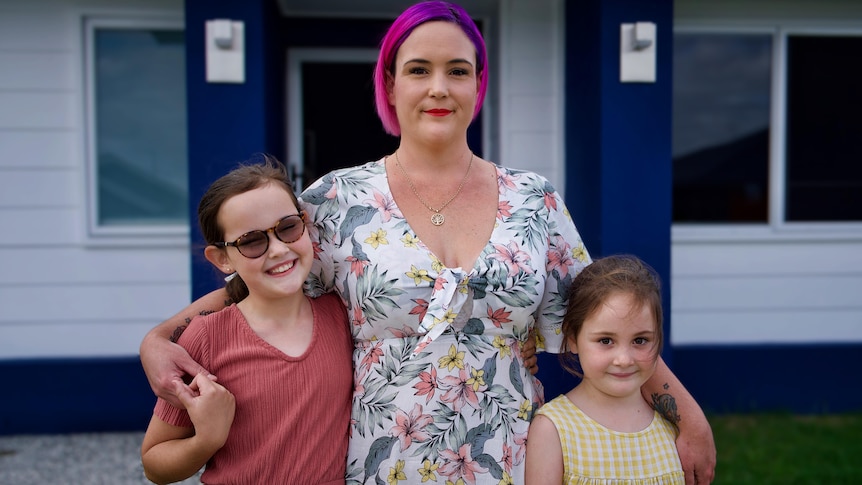
"We have, though, supplemented this state-based guidance with a reference to our forecasts and the calendar," he noted.
"We have done this to provide the community with our expected time frame and the factors that will influence that time frame.
"This in no way has constituted a promise that the cash rate would remain unchanged to any particular date.
"Rather, at the time of each policy statement, we provided our best expectation of the timing of when the cash rate might change, recognising that expected timing can change."
But leading economists say the Reserve Bank needed to improve its communication with ordinary Australians.
"2024 was a long time away to keep interest rates at [near] zero," Dr Oliver said.
"We didn't really believe that (would play out in reality). And I think a few other economists out there didn't believe them, either.
"But the problem is that they were taken seriously by many in the community."
He said while the Reserve Bank Governor might defend it was not a calendar-based forecast, what actually mattered was the message people heard.
"That's what was relayed in the media, and I guess there would have been a lot of people who took that seriously," Dr Oliver said.
"And I think it did damage the RBA's reputation a little bit, or a lot."
Can the RBA improve its communication?
The RBA put its money where its mouth is when it set a "yield target", according to Steven Hamilton, Assistant Professor of Economics at The George Washington University and visiting fellow at the Crawford School at the ANU.
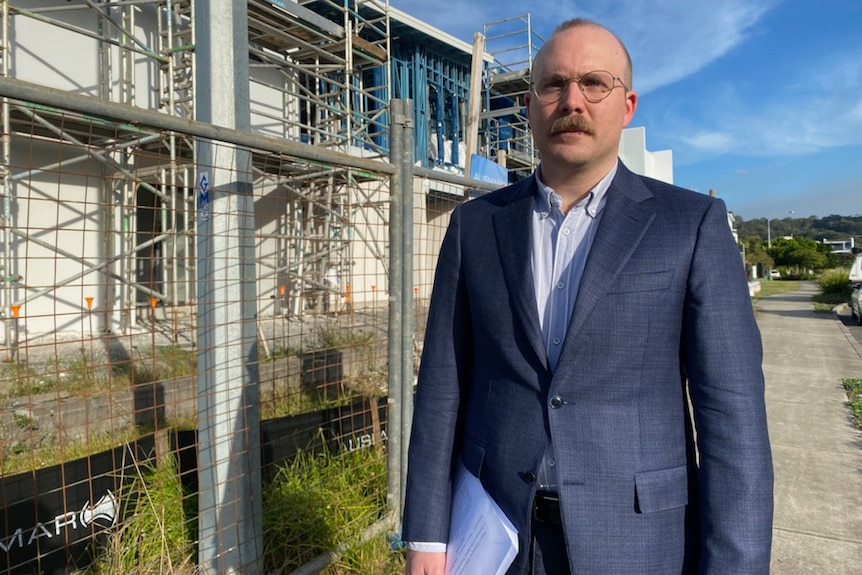
Steven Hamilton says the Reserve Bank needs to improve its communication with Australians.
(Owen Jacques, ABC News.)
This target, introduced in March 2020, was part of a package of monetary policy measures designed to help the economy during the COVID-19 pandemic.
In Dr Lowe's words, this target was there "to reinforce the board's forward guidance that the cash rate was very unlikely to be increased for three years, which at the time ran until March 2023".
Last month, in a review of its yield target, the Reserve Bank said the policy had succeeded in driving down funding costs across the economy (pointing to the fall in fixed rates, and a rise in housing and business lending).
But it conceded the exit from the program late last year had hurt the central bank's reputation and had disrupted the bond market.
Borrowers rolling off fixed rates in for a world of pain
As interest rates rise, more people could default on their home loans, creating financial system instability.

"While the target was met for the bulk of the period, the exit in late 2021 was disorderly and caused some reputational damage to the bank," its review said.
Dr Hamilton said the bottom line was that "the Reserve Bank did indicate that they wouldn't raise rates until 2024, and they themselves have admitted that they got that wrong.
"I think the big problem here is communication," he told ABC News.
"I don't blame households for listening to the Reserve Bank, hearing that promise of interest rates at [near] zero… and making a financial decision on that basis.
"I think they can feel misled, to some degree, by the Reserve Bank.
"And I think the Reserve bank needs to take a hard look at its communication in future and properly communicate the full context of its of its forecasts, and the risks around it."
Jim Chalmers
Dr Oliver said while the terms of reference had not yet been released, it could result in changes to the makeup of its board.
"I think [the review] is going to express scepticism about the forward guidance," he said.
"And it may recommend a broader range of community representation on the Reserve Bank board, possibly including representatives from labour markets or unions.
"But beyond that, I don't see them ditching the 2 to 3 per cent inflation target."
The Reserve Bank is not the only regulator that has questions to answer.
In December 2019, banking watchdog APRA removed certain limits on lending, only to reintroduce some limits in October 2021 after house prices had shot up again.
But by then, the horse had already bolted. Many Australians had been allowed to take out loans six or more times their income, and or with loan-to-value ratios of 90-per-cent plus (in other words, deposits of 10 per cent or less).
Couple this with the fact that while rates were at record lows, house prices had shot up, and people were in a market fuelled by first home owner and HomeBuilder grants.
Sarah Ibrahim said while there were many different variables regulators like the RBA needed to consider, "one of them needs to be highly geared mortgages and people in that situation".
The RBA may argue its messaging always comes with disclaimers, and APRA may argue its mandate is to protect the financial system (in other words, the banks), but enabling borrowers to take on massive debts that lead to more defaults under higher rates must factor in financial instability. Who guards against that outcome?
